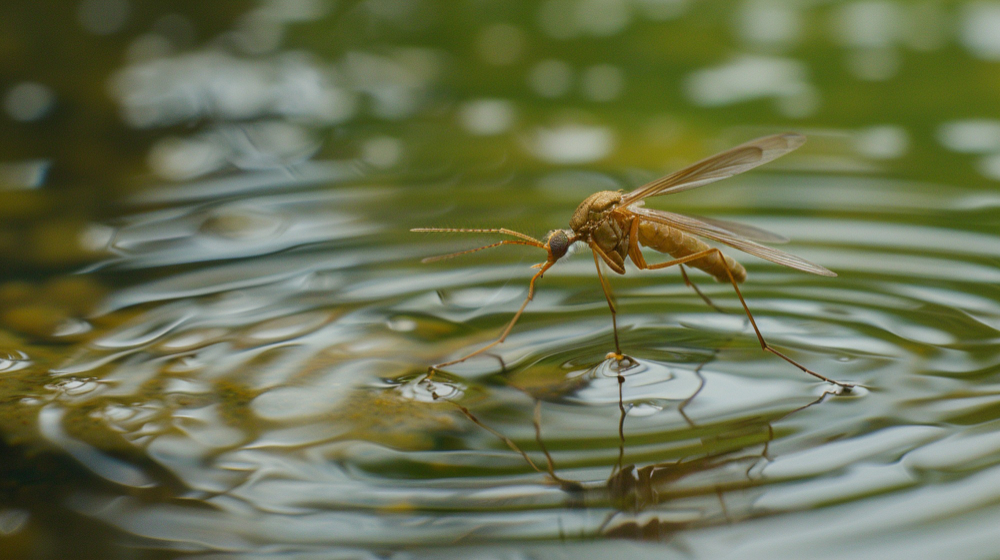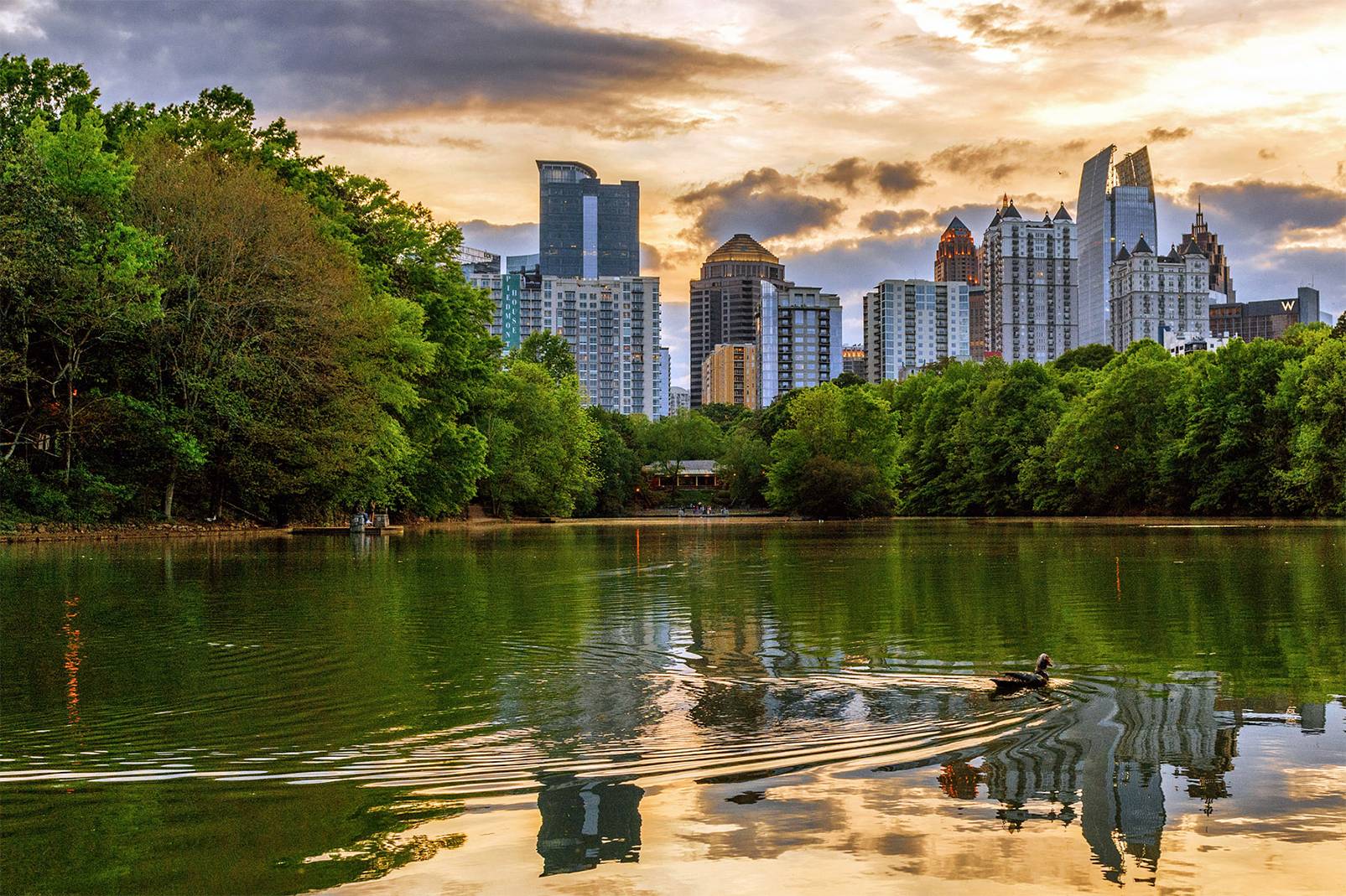
It's summertime! Sun's out, guns out, and mosquitos too. If you have a pond, lake, or water body on your property, you're especially exposed to these pests. Mosquitoes not only cause irritating bites but also pose significant health risks by transmitting diseases such as West Nile virus, Zika virus, and malaria.
Effective management of mosquitoes involves both preventative measures and regular pond maintenance. In this article brought to you by Aquatic Restoration, we share some tips. If you’d rather hire uniformed and experienced professionals, then call Aquatic Restoration to schedule a flexible appointment.
Mosquitoes lay their eggs in stagnant or slow-moving water. The larvae, or "wrigglers," develop in the water before maturing into adult mosquitoes. As you can imagine, ponds and lakes can become prime breeding grounds if not properly managed. Understanding the life cycle of mosquitoes is crucial for effective control.
The first step in mosquito prevention is eliminating standing water where mosquitoes breed. Regularly inspect your property for any containers, buckets, bird baths, or clogged gutters that may hold water. Empty or treat these areas to prevent mosquito breeding.
Aeration systems, such as fountains, waterfalls, or diffused aerators, introduce water movement and reduce stagnation. Mosquitoes prefer still water for laying eggs, and aeration makes the environment less attractive to them.

Next, eliminate the larvae. Certain fish species, such as goldfish, koi, and mosquito fish, feed on mosquito larvae. Introducing these fish into your pond can naturally reduce mosquito populations.
Finally, attack the mosquitos. Dragonflies, bats, and birds are natural predators of mosquitoes. Encouraging these predators by providing suitable habitats can help control mosquito populations. Planting native vegetation around your pond can attract dragonflies and birds.
Healthy water bodies are less likely to support mosquito breeding. Regularly test and maintain the water quality in your pond. Proper pH, nutrient levels, and cleanliness are crucial for a healthy aquatic ecosystem.
Moreover, overgrown aquatic vegetation can provide ideal breeding habitats for mosquitoes. Regularly trim and manage plants around and within your pond to reduce these hiding spots. Also skim the surface and remove any debris to prevent these breeding sites.
We cannot overstate how important it is to understand that shallow water is more prone to becoming stagnant. Ensure your pond has areas of sufficient depth to prevent mosquito larvae from thriving. If your pond is too shallow, consider deepening it to improve water circulation and reduce mosquito habitats.
Finally, make sure that your pond's filtration systems are working efficiently. Clean the filters and remove any blockages that could impede water flow. A well-maintained filtration system helps keep the water moving and less attractive to mosquitoes.
Detention and retention pond maintenance is challenging work and involves a lot of specialized equipment and knowledge. Reading this brief article may have been simple, but there is a lot that we could not go over here.
If you would like to consult with an experienced professional, then call Aquatic Restoration. We are an established business with over three decades of industry experience and heritage. Our team is ready to take your call or message today.
Lake dredging is an integral part of restoring waterways and improving their overall health. This maintenance procedure is necessary to…
There’s no such thing as a maintenance-free retention pond, as much as we’d like there to be. These stormwater…
Lake and pond dredging is an essential maintenance task that helps to improve water quality, restore depth and capacity,…
There’s a lot that goes into managing a lake. Beyond the aesthetics, it’s important to maintain ecological balance and…
Excessive algal growth is a serious threat to lakes and ponds. Left unchecked, algal blooms can deplete oxygen levels and…